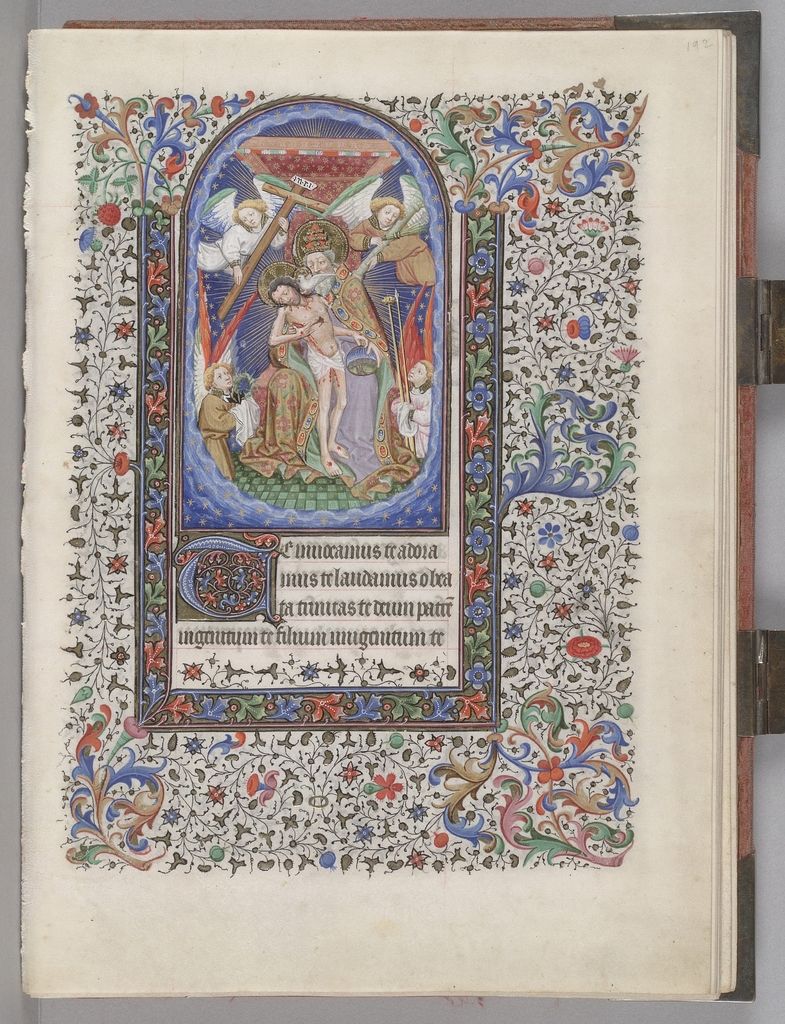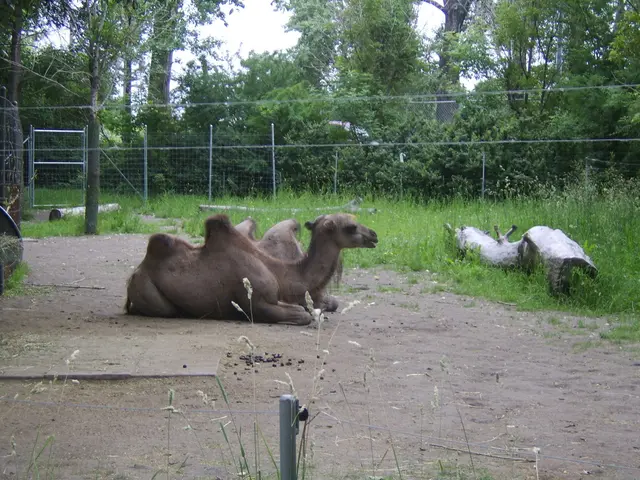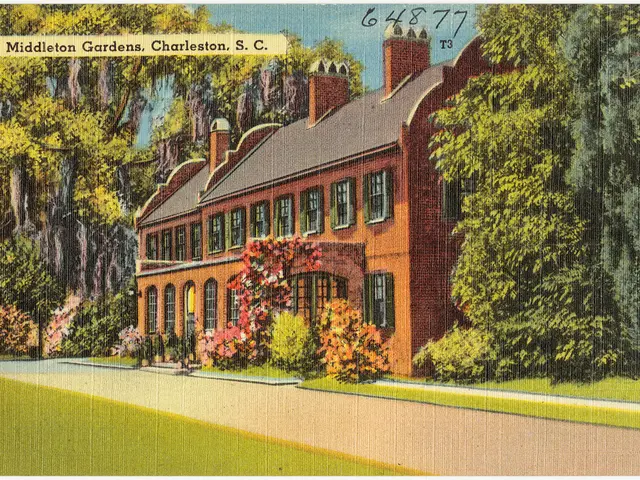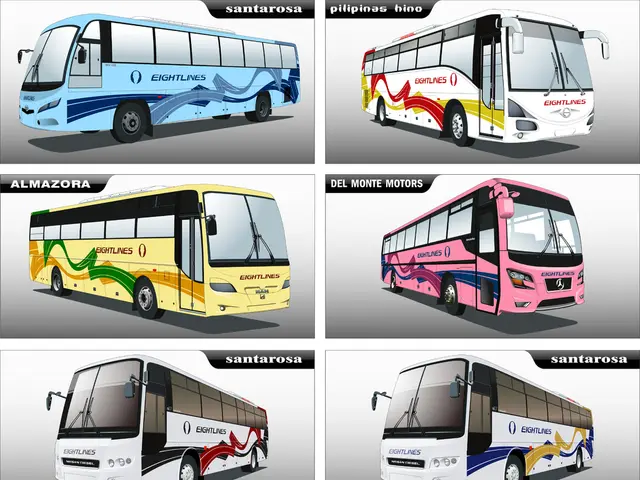Unwinding European Unity: Poland's New Prez Karol Nawrocki Stirs Controversy
Navrocki's victory in Poland sparks primarily worries in Germany - Germany Expresses Worry Over Nawrocki's Triumph in Poland
In Poland's recent presidential runoff, Karol Nawrocki bagged 50.89% of the votes, ousting pro-European Rafal Trzaskowski. This victory, a setback for the liberal-conservative government of Donald Tusk, is expected to put a damper on Tusk's reforms, much like his predecessor, Andrzej Duda.
Stepping into the political arena with a Eurosceptic stance and nationalist policies, Nawrocki's reign may bring a storm of consequences for both Germany and the EU. The German Government, bracing for a bumpy ride, has conditionally welcomed Nawrocki. Despite the victory, neither surprise nor pleasure was evident in their response.
The elusive Chancellor, Friedrich Merz (CDU), cautiously recognized the election's outcome. According to government spokesman Stefan Kornelius, the Government Spokesperson, their relationship with Poland was "very good and robust," and they were looking forward to a positive and intensive cooperation.
However, not everyone was on board with the election's results. Green Party leader, Franziska Brantner, voiced her concerns about Poland's direction in the European Union. The election outcome, she believed, was a call to square shoulders for a stronger Europe, urging the Merz government to act decisively.
The Left Party's Ines Schwerdtner echoed similar sentiments, declaring the election as a victory for the Right-wing establishment. She cautioned that the trend towards authoritarianism was escalating in many countries, foreshadowing trouble ahead for the EU.
Meanwhile, FDP MEP Marie-Agnes Strack-Zimmermann expressed grave concerns over the election results, labeling it a setback for Europe. She feared that the incoming Polish government would face total opposition from a hostile president, who would attempt to dismantle the Tusk government.
Oliver Loew, director of the German Polish Institute, warned that Nawrocki's election could bring new headaches for Europe. He anticipated that the political landscape of the European region would become challenging, as the president's stance could potentially lead to discord with the EU's stance on various issues.
- Key Figures:
- Karol Nawrocki
- Poland
- Germany
- CDU
- Presidential Election
- Donald Tusk
- Friedrich Merz
- Stefan Kornelius
- Rafal Trzaskowski
- Frank-Walter Steinmeier
- Knut Abraham (Germany's Poland envoy)
Implications:
- Polarizing EU Relations: As a Eurosceptic candidate, Nawrocki's policies may exacerbate tensions between Poland and the EU, potentially challenging EU norms and regulations.
- Confrontational Europe-Poland Relations: Germany, as a neighbor and key EU partner, may experience disagreements with Poland on matters like energy, border controls, and economic cooperation.
- Economic Instability: Any strained relations between Poland and the EU could adversely affect economic ties, impacting trade and investment flows, particularly for Germany, which is a significant economic partner for Poland.
- Slow EU Integration: Nawrocki's victory might embolden other Eurosceptic movements within the EU, slowing integration efforts and creating more challenges for the bloc's cohesion.
- Foreign Policy Discord: Nawrocki's nationalistic stance could alter Poland's approach to international crises, such as the war in Ukraine, potentially affecting EU-wide foreign policy coordination.
- Karol Nawrocki's victory in the Polish presidential election raises concerns about the potential impact on EU relations, as he holds a Eurosceptic stance.
- The new Polish president's policies could challenge EU norms and regulations, potentially leading to increased tensions within the bloc.
- Germany, a key EU partner and neighbor to Poland, may experience disagreements with the new government on issues like energy, border controls, and economic cooperation.
- Any strained relations between Poland and the EU could negatively affect trade and investment flows, particularly for Germany, which has economic ties with Poland.
- The victory of Karol Nawrocki might empower other Eurosceptic movements within the EU, slowing integration efforts and increasing challenges for the bloc's cohesion.
- The new Polish president's nationalistic approach could alter Poland's stance on international crises, such as the war in Ukraine, potentially affecting EU-wide foreign policy coordination.
- Germany's Chancellor, Friedrich Merz, has acknowledged the election's outcome, maintaining a positive and robust relationship with Poland.
- Some German politicians, such as the Green Party's Franziska Brantner, have expressed concerns about Poland's direction in the European Union.
- The Left Party's Ines Schwerdtner believes the election was a victory for the Right-wing establishment, warning of a rising trend towards authoritarianism in many countries.
- FDP MEP Marie-Agnes Strack-Zimmermann fears the incoming Polish government will face total opposition from a hostile president, who may attempt to dismantle the Tusk government.
- Oliver Loew, director of the German Polish Institute, expects the political landscape of the European region to become challenging due to the new president's stance.
- In light of the election results, the EU may need to reconsider its migration policy, given the polarizing attitudes towards accepting migrants in some countries.
- The potential for discord between Poland and the EU could also impact the EU's policy and legislation on other issues, such as crime and justice, accidents, fires, and sports.
- The ongoing war-and-conflicts around the world, including in Ukraine, may further complicate the EU's relations with Poland, as the new Polish government's stance could differ from the EU's.
- On the sports front, the European leagues, including football, basketball, tennis, baseball, hockey, golf, auto-racing, mixed-martial-arts, and even American football, might experience changes due to the evolving political climate in Poland.
- The European Union's general news coverage will undoubtedly feature stories about the changing political landscape in Poland, focusing on the implications for the EU and its member states.
- In the realm of politics, the ongoing political developments in Poland will require close monitoring and coordinated responses from the EU and its member states.
- Crime-and-justice concerns, such as car-accidents and sports-betting, could potentially be affected by the new Polish government's policies and their relationship with the EU.
- As the sports landscape in Poland continues to evolve, events like the Champions League, NFL, WNBA, Masters, Grand Prix, horse-racing, Serie A, LaLiga, NCAAC Football, and tennis tournaments could witness varying levels of support and participation from the EU and its member states.








